While some coffees we roast from time to time may be labeled as fair trade certified, in no way do we make the claim that our coffees are certified as fair trade.
Before you hop off our site and label us as the bad guys 😁 - we invite you to read further. You'll find we're joined by many small to medium sized roasters around the country who source small lots from farms across the globe, and pay an above average price.

What is Fair Trade, anyway?
Fair Trade certification is administered by various organizations around the world, including Fairtrade International, Fair Trade USA, and others. To become certified, coffee producers must meet certain criteria, including:
-
Fair prices: Coffee farmers receive a minimum price for their coffee that covers their production costs and ensures a living wage
-
Community development: A portion of the Fair Trade proceeds are invested back into the local social and economic development projects in coffee-growing communities, such as education, healthcare, and infrastructure
-
Environmental sustainability: Coffee is produced using environmentally sustainable methods, such as organic farming
-
Fair labor conditions: Workers on coffee farms have safe working conditions, fair wages, and the right to organize.

Ok, so what's wrong with Fair Trade?
-
One of the main criticisms of Fair Trade is that it has become too bureaucratic and has lost its grassroots focus. The certification process can be expensive and time-consuming for small-scale farmers, which limits the number of farmers who can participate in the program. Additionally, some argue that the Fair Trade minimum price is too low and does not provide enough of a premium to truly support farmers.
-
Another criticism is that Fair Trade has not done enough to address systemic issues in the global coffee industry, such as the concentration of power among a few large buyers and the volatility of coffee prices. While Fair Trade can provide some benefits to farmers, it does not fundamentally change the power dynamics of the industry.
-
It is important to note that coffee quality is not the primary focus of Fair Trade certification. Instead, the goal of Fair Trade is to promote fairer and more sustainable practices throughout the coffee supply chain.
Relationships over Organizations.
At Main Street, we love knowing that our importers are focused on relationships - and long term ones at that. Relationship and farmer direct coffees focus on an approach to coffee sourcing that emphasizes long-term relationships between coffee producers and roasters.
Unlike traditional coffee sourcing methods, which often involve multiple intermediaries and can be based solely on price, this method is based on building strong, mutually beneficial relationships between coffee producers and roasters.

Through these relationships, coffee producers can receive a fair price for their coffee, as well as support for their social and environmental initiatives. Roasters, in turn, gain access to high-quality coffee beans from reliable sources, and can work with farmers to develop specific flavor profiles or to experiment with new processing methods.
Main Street Roasters is a Member of Specialty Coffee Association.
We've attached a few links to sources:
Sustainable Living Association
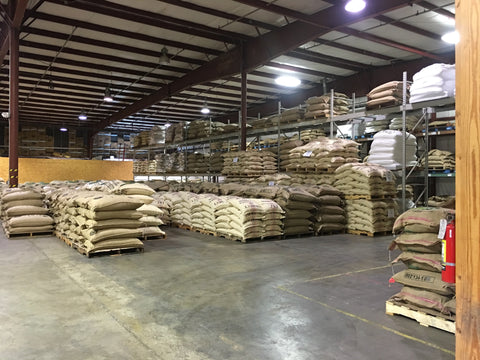
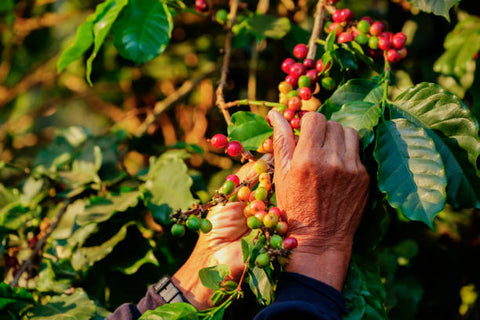
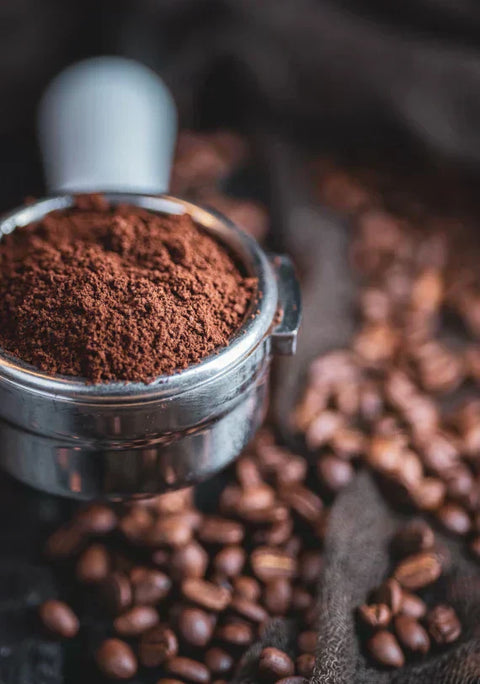

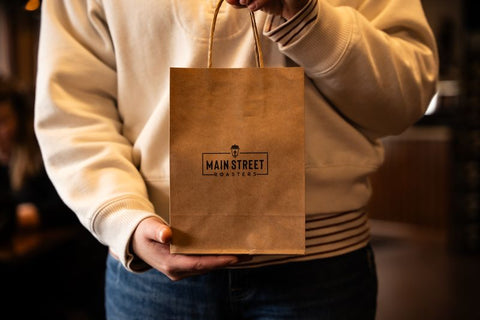
Comments (0)
There are no comments for this article. Be the first one to leave a message!